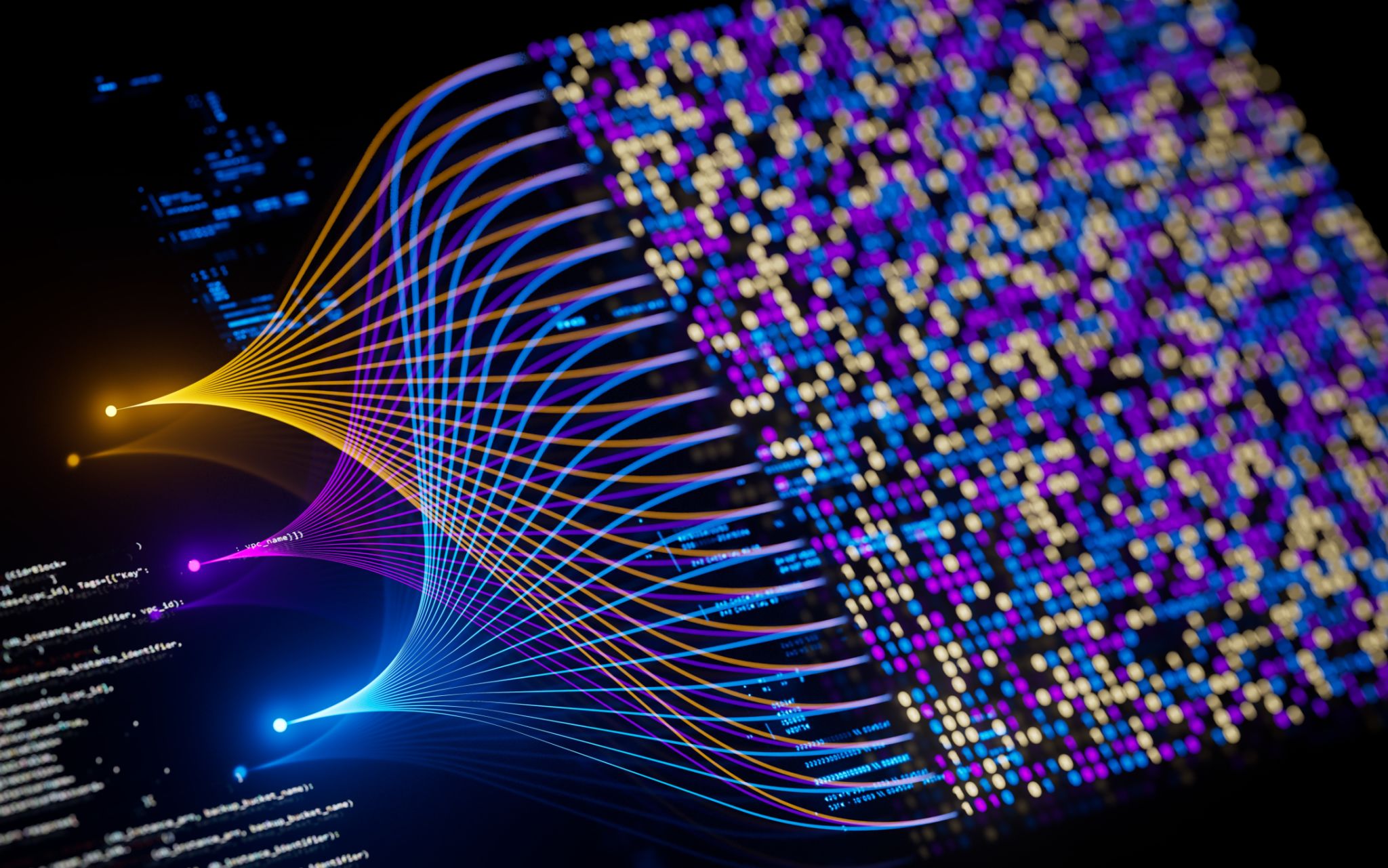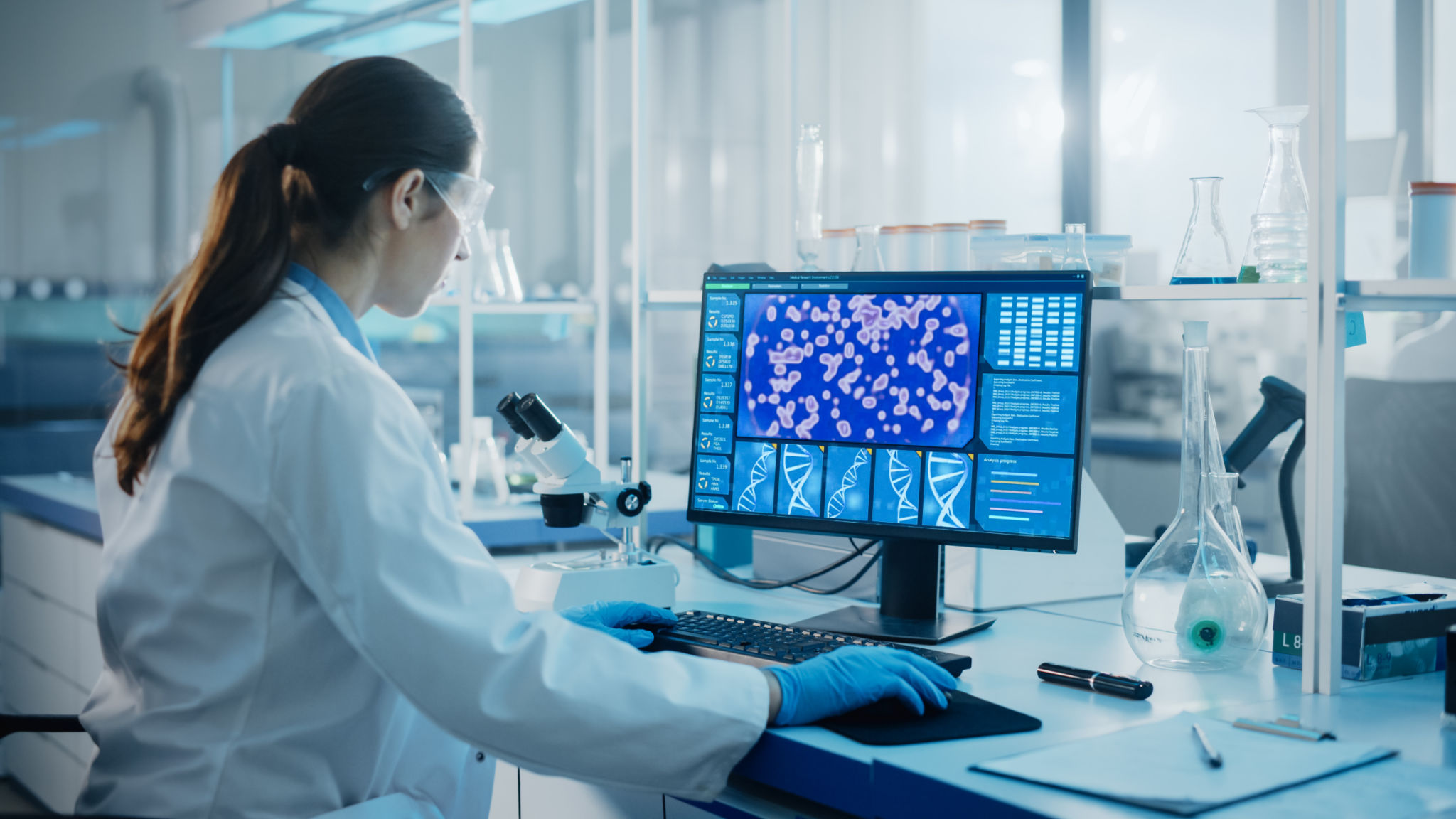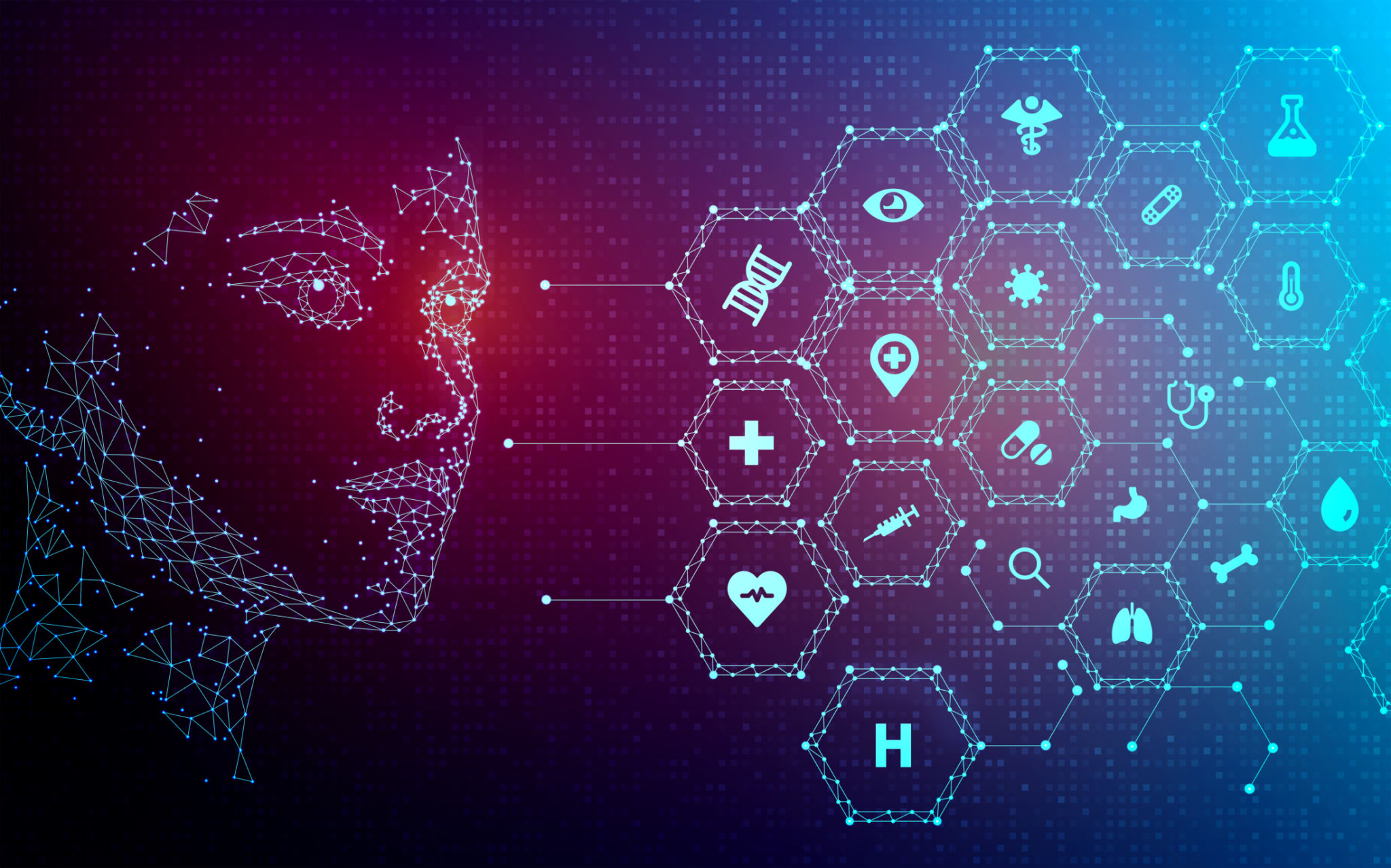How Machine Learning is Revolutionizing Biotechnology
Introduction to Machine Learning in Biotechnology
In recent years, the intersection of machine learning and biotechnology has opened new avenues for innovation, leading to groundbreaking advancements in health and medicine. By leveraging the power of algorithms and data, machine learning is transforming the way we understand biological processes and develop new treatments.

Enhancing Drug Discovery
One of the most significant impacts of machine learning in biotechnology is in the realm of drug discovery. Traditional methods of drug development are often time-consuming and costly. However, machine learning algorithms can process vast amounts of data to identify potential drug candidates more efficiently. This capability accelerates the discovery process, reduces costs, and increases the probability of finding effective treatments.
Predicting Molecular Interactions
Machine learning models can predict how different molecules interact with biological targets, enabling researchers to identify promising compounds quickly. Techniques like deep learning are particularly useful for analyzing complex datasets, uncovering patterns that might be missed by human researchers. This predictive power is crucial in creating targeted therapies for complex diseases such as cancer and Alzheimer's.

Personalized Medicine
Machine learning is also a driving force behind the shift towards personalized medicine. By analyzing genetic, environmental, and lifestyle data, machine learning algorithms can help tailor treatments to individual patients. This approach not only improves treatment efficacy but also minimizes potential side effects.
Genomic Sequencing
Advancements in genomic sequencing technologies have generated massive datasets that can be challenging to interpret. Machine learning helps decipher these complex datasets, identifying genetic markers linked to diseases. This information is vital for developing personalized treatment plans and preventive measures.

Enhancing Diagnostics
Machine learning is revolutionizing diagnostic processes by improving accuracy and speed. Algorithms can analyze medical images, such as X-rays and MRIs, with remarkable precision, often surpassing human capabilities. This ability to detect anomalies quickly is crucial for early diagnosis and intervention.
Real-Time Data Analysis
The integration of machine learning with real-time data analysis tools allows for continuous monitoring of patients. Wearable devices and sensors collect health data that machine learning algorithms can analyze to provide insights into a patient’s condition, alerting healthcare providers to any significant changes.

Conclusion
The impact of machine learning on biotechnology is profound and continues to grow. From drug discovery to personalized medicine and diagnostics, machine learning is enhancing our ability to understand and manipulate biological systems for improved health outcomes. As technology advances, the synergy between machine learning and biotechnology promises to drive even more innovations, ultimately leading to a healthier future for all.
